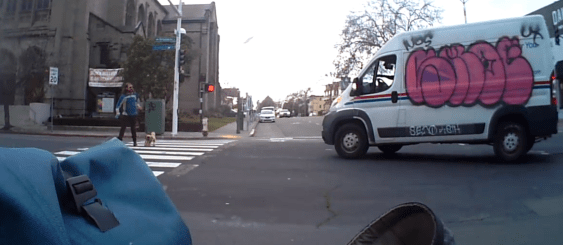After years of experimentation, the Paris City Council this week committed to the permanent conversion of two miles of the Georges Pompidou expressway along the River Seine into a waterfront park.
The 1960s expressway carried two lanes of traffic and about 43,000 vehicles a day along the Right Bank of the river. But beginning in 2011, the highway had been converted for part of the summer each year to a beach and waterfront promenade. The "Paris-Plages," as it was called, was popular with tourists and locals as well, seeing as many as four million visitors annually.

During the past few months, Mayor Anne Hidalgo piloted a temporary closure to test conditions for permanently opening the space to pedestrians and cyclists.
Although there was some outcry from motorists, they were overshadowed by supporters of the conversion. According to the UK Independent, 55 percent of Parisians supported the conversion plan. Support for the project reflects Paris' progress in shifting away from motor vehicles. According to Slate's Henry Grabar, 60 percent of Parisians do not own cars. That's up from 40 percent just 15 years ago.
The conversion to a park will cost about $50 million, an investment that is expected to benefit the city's tourism-based economy.
The park plan is part of a wider set of efforts by Mayor Hidalgo aimed at reducing air pollution and dependence on cars. She has also presided over the city's first car-free days and intends to eventually limit the famous Champs-Élysées to electric vehicles only. Her predecessor, Bertrand Delanoë was the original proponent of converting the highway into a park, and was responsible for beginning the "Paris-Plages."

The Georges Pompidou expressway was named for a former French President who advocated the conversion of the riverbank from park space to a highway in the 1960s. According to the Preservation Institute, Pompidou -- who remarked "the French love their cars" -- wanted to go further than the two-lane road and pave over part of the Seine to make room for more lanes. A freeway revolt led by environmentalists successfully quashed that idea.






